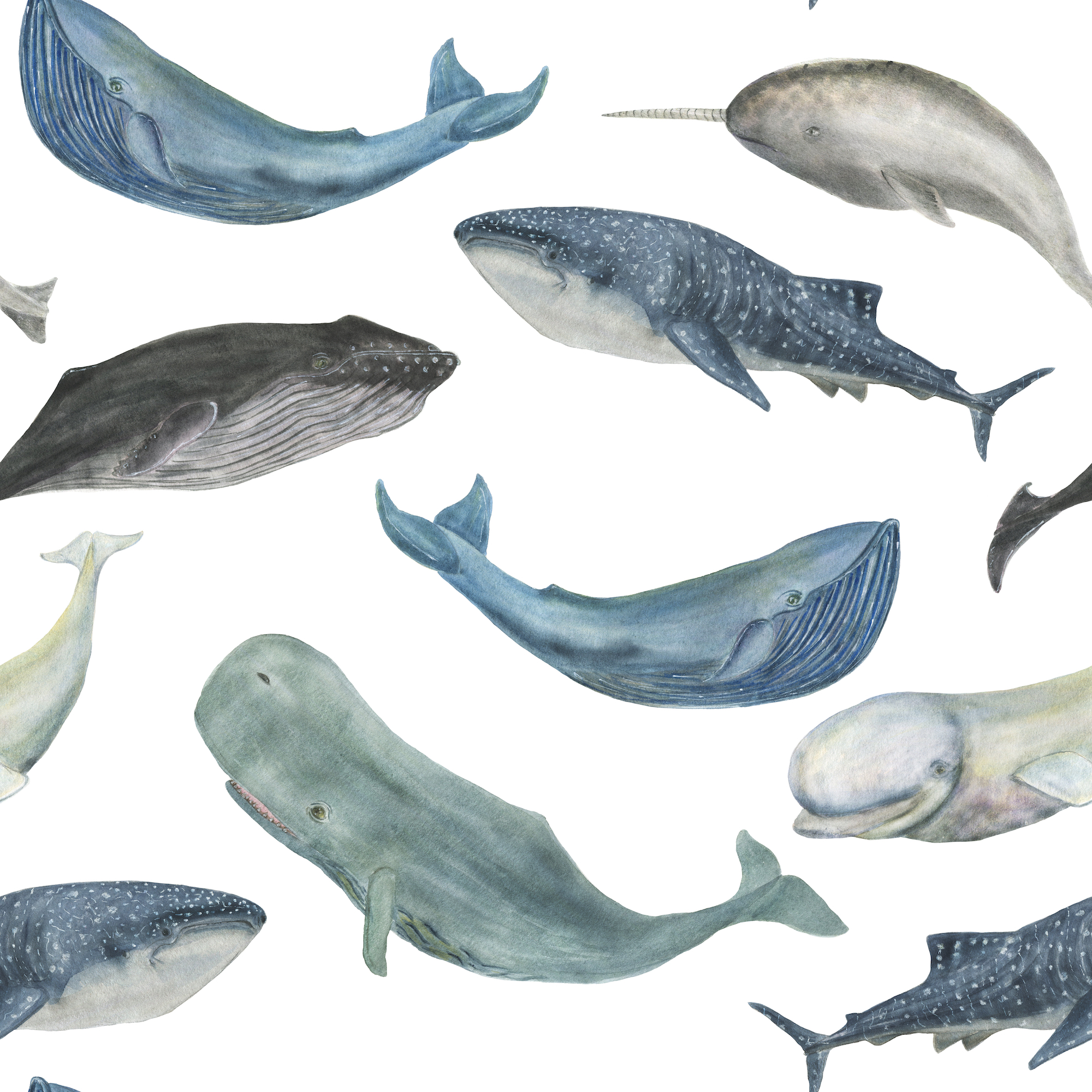Following the landmark ruling of the International Court of Justice (ICJ) last March 31, that revoked japanese so-called “scientific” whaling permits in Antarctica, it was expected that the International Whaling Commission (IWC) could finally resolve the many conflicts generated by these operations, which constitute a violation to the global moratorium on commercial whaling and the Southern Ocean whale sanctuary according to the ICJ.
But whaling in areas under protection of the IWC – as whale sanctuaries – could continue permanently, facilitating the way for those trying to eliminate the whale sanctuary in the Southern Ocean, and resume commercial whaling in the southern hemisphere.
After announcing that it would respect the ruling of the Court, the Japanese government confirmed that it will implement a new “scientific” whaling program for minke whales in the Southern Ocean whale sanctuary. Later in April, the Japanese fisheries minister, Yoshimasa Hayashi, confirmed in a statement that Japan’s policy is “to carry out research whaling to obtain necessary scientific information for the management of whale resources and we maintain our policy of aiming for the resumption of commercial whaling.”
The statements of the Japanese authorities confirm that the Asian nation will continue to promote its aggressive pro-whaling policy within the IWC, trying to move toward the elimination of the whale sanctuary in the Southern Ocean.
Under this scenario, New Zealand will present a resolution during the next IWC meeting to be conducted in mid-September in Slovenia that seeks to regulate “scientific” whaling programs according to the parameters provided by the ICJ. While the proposal contains elements to move towards the construction of technical guidelines for the evaluation of “scientific” whaling programs, it does not solve fundamental issues such as the interpretation of Article VIII of the International Convention for the Regulation of Whaling (ICRW) related to “scientific” whaling.
In this regard it is important to remember that during their oral pleadings before the ICJ, the delegation of Japan made a strong defense of its interpretation of Article VIII, stating that it allows countries to kill whales without any limitation or interference from other States or international organizations. Subsequently, the Japanese commissioner to the IWC, Joji Morishita said in a paper presented at a symposium held in May in Kobe (Japan) that the Court’s decision does not change the interpretation of the Convention.
However, the ICJ stated in its judgment against Japan that the IWC is an evolving instrument, given the many opportunities the program has been amended. This view is shared by Professor of Kobe University, Mika Hayashi, who stated in a paper presented at the same symposium in Kobe that “At its inception, the ICRW had two objectives of the equal weight: conservation and exploitation. Having adopted this moratorium on commercial whaling and choosing to maintain it more or less indefinitely, however, the regime today no longer aims at conservation and exploitation with equal weight. Its single objective, or the more important of the two objectives at any rate, is conservation. ”
For citizens around the world it is worrying that the New Zealand proposal does not include measures to ensure that any application of Article VIII of the Convention does not undermine the effectiveness of the regulatory regime of the IWC as a whole, which includes protection measures such as the moratorium on commercial whaling and whale sanctuaries.
Japan’s Whaling Undermine the Antarctic Treaty System
The implications for the future of whales and conservation of the delicate Antarctic ecosystem are worrisome considering that the Southern Ocean is a special area under the Antarctic Treaty System (ATS). The Madrid Protocol concerning environmental protection in the area of the STA, which covers the same area of the Southern Ocean whale sanctuary created by the IWC, states that the Antarctic continent and its surrounding ocean, is a natural reserve devoted to international cooperation, science and peace.
On the contrary, the continuation of “scientific” whaling operations in the Southern Ocean by Japan weakens the Antarctic Treaty System, undermines conservation measures established in other agreements, compromises the vulnerable and fragile Antarctic ecosystem and threatens the interests of Latin American countries in the Antarctic.
It is important to recall that Japanese “scientific” whaling program in Antartactica is one of the largest industrial operations carried out in Antarctic waters, implemented by an anachronistic sub-standard fleet that navigates one of the most hostile oceans of the planet and in the midst of polar ice. The ability to respond to accidents that endanger human life and the delicate marine ecosystem is very limited, and assistance could take days or even weeks to arrive in case of accidents. This happened in February 2007 when the Japanese factory ship, Nisshin Maru, suffered a fire that claimed the life of one of his crewmembers and drifted for days with thousands of tons of fuel and chemicals in the vicinity of one of the most important colonies of Adelie penguins.
Millions of citizens around the world received with optimism the judgment of the International Court of Justice because it is a valuable opportunity to end so called “scientific” whaling operations in the Southern Ocean whale sanctuary, and move towards the elimination of these controversial programs as part of the evolutionary process that the IWC has experienced since the implementation of the moratorium in 1986.
It would be very unfortunate that this unique opportunity, endorsed by the decision of the main international judicial organ,becomes diluted by the adoption of a proposal that despite its good intentions, does not guarantee the compliance of conservation measures adopted by the IWC, such as the global moratorium on commercial whaling and whale sanctuaries, and end up legitimizing the “harpoon diplomacy” of the ultranationalist Japanese government in the southern hemisphere in the 21st century.
By: Elsa Cabrera (Centro de Conservacion Cetacea) and Juan Carlos Cardenas (Centro Ecoceanos)




